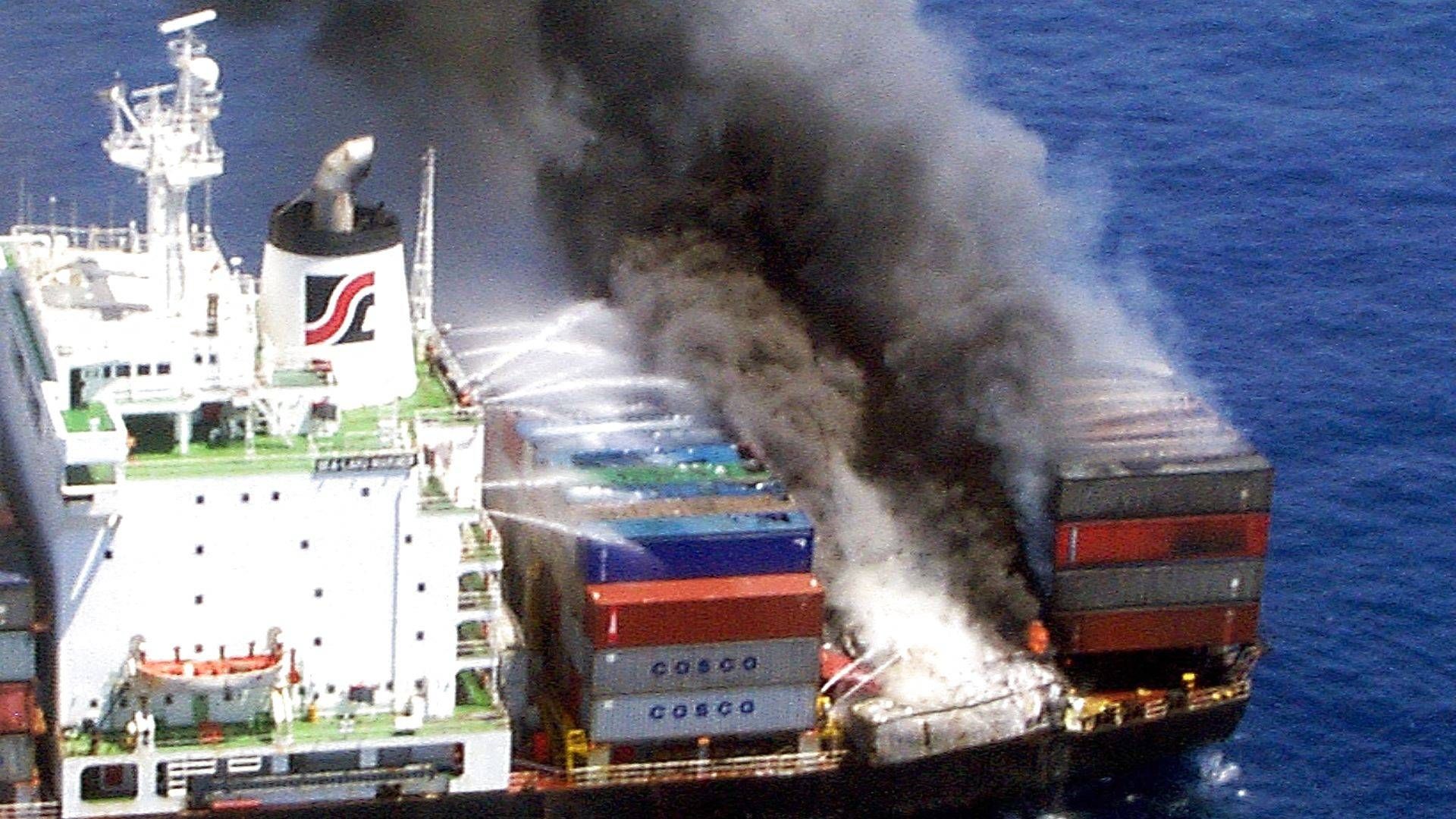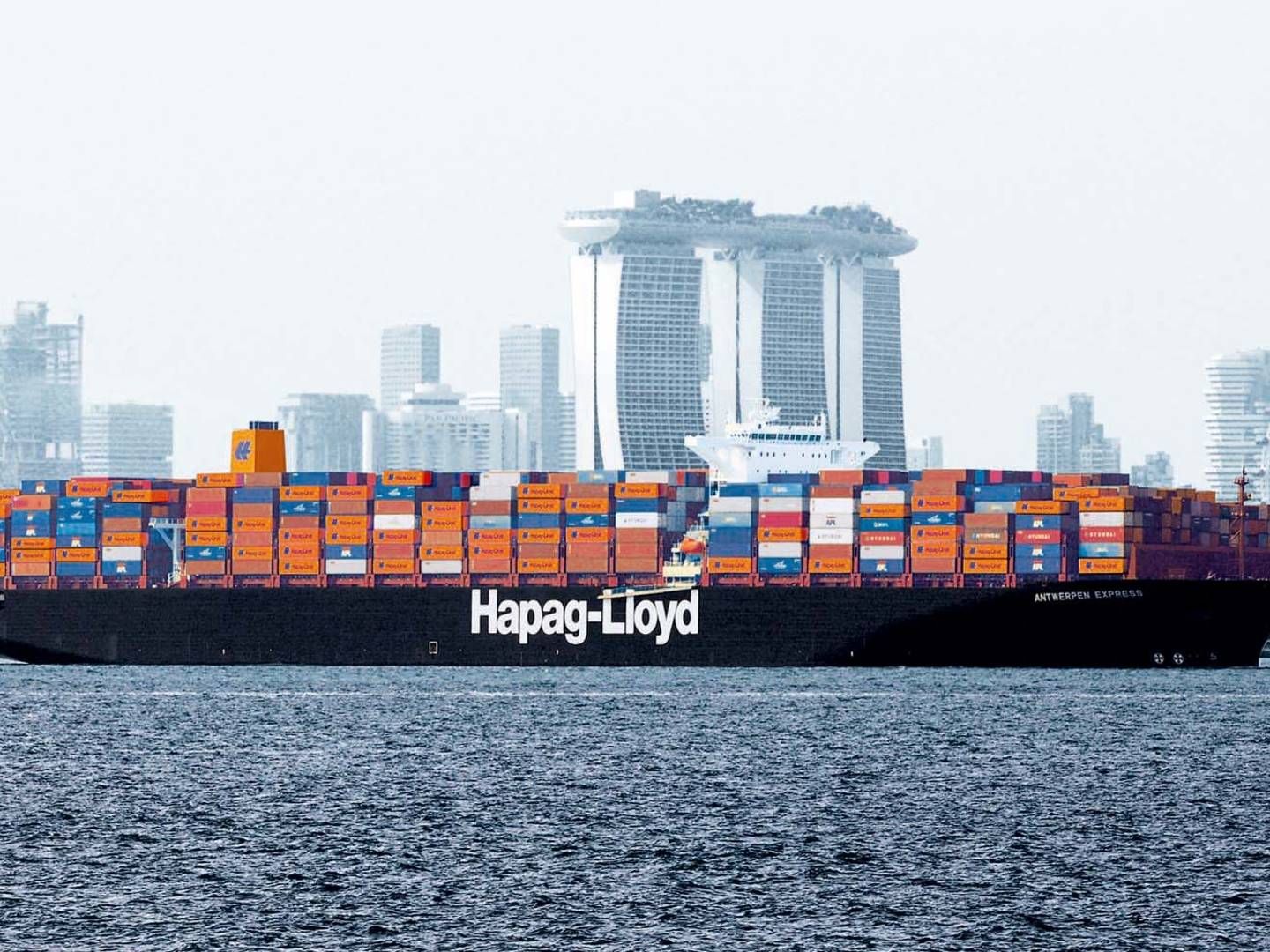Ship fires and lost containers to raise carriers' insurance premiums

In relation to the upcoming renewal of their contracts, carriers’ vessels insurance will once again increase in price.
The P&I clubs – the mutual insurance companies in which carriers hold membership – need significant price increases.
All 13 clubs in International Group (IG), which represents roughly 90 percent of the world’s merchant fleet, aim to secure higher premiums when contracts are renegotiated on Feb. 20.
At least it is noticeable that increasingly fewer clubs deny a ”general increase,” which covers unspecified premium raises.
Instead, the clubs speak of ”standard surcharges” and ”minimum increase,” or of aiming for a balanced underwriting result.
”A rose by any other name would smell as sweet,” states insurance broker Gallagher in a comment on the new terms in the company’s recent P&I report.
Weak results underway
The clubs are in a difficult situation. Premium levels are too low compared to damage-related costs. At the same time, conditions on the capital market are highly volatile due to inflation and the expectation of increased interest rates.
The clubs have still not announced their results for last year, but they can very well turn out to be negative because of Covid-19 and considerable damages.
In November, market leader Gard announced a loss after taxes of USD 27m in the first half of the financial year 2021/2022.
The damage and costs quotient – which designates how much the club is allowed to spend on damages and administrative costs of every euro it receives in premiums – was at 113 percent, meaning it was loss making.
Norwegian competitor Skuld landed a deficit of USD 24.9m and a damage and costs quotient of 127 percent. Shipowners Club managed to stay in black figures with a profit of USD 15m. The damage and costs quotient was at 100.9 percent.
Endangered credit rating
The companies’ worsened financial situation is also visible from rating bureau S&P’s credit evaluations, which are very important to the clubs. Most recently, S&P lowered its rating of the British P&I Club in November – from ”A” with a negative expectation to ”A-” with a stabile expectation. S&P sees four companies as stabile, the remaining clubs have been given a negative expectation.
Besides raised premiums, some clubs also intend to demand increased own risk for members. That will reduce costs for treatment of damages and help limiting financial impact from damages that relate to crew members hit by the coronavirus pandemic, writes Gallagher’s analysts.
Most of all, however, the clubs are strained by wide-scale damages and not by a big amount of frequent, smaller damages. Therefore, the utility value of an increased own risk is limited, according to Gallagher.
Reinsurance price to increase markedly
Reinsurance coverage will also become more expensive to IG members. The clubs cover damages from USD 10m to 100m through a mutual pool. Above this level, a complex reinsurance program comes into force, offering coverage of up to USD 3.1bn.
The clubs’ reinsurance companies led by Axa XL had to pay for numerous damages last year. Fires aboard container vessels were particularly costly. Premiums have now increased markedly, announced IG. The owners have to pay 33 percent more for reinsurance compared to the year before. Thus, prices are at the level of 2014/2015, according to IG.
This will be particularly expensive to the owners of container ships that now have to pay 55 percent more in premium, which reflects the many incidents of fires and loss of cargo on container vessels in recent years.
All ships to be more expensive in premiums
Premiums have, however, increased for all types of ships. Dry bulk vessels cost 40 percent more, the same goes for tankers that transport diesel or gasoline. For crude oil tankers, premium increased by 15 percent, passenger ships by 18.6 percent.
IG’s former reinsurance program was a two-year contract that expired by the end of 2021. In the meantime, the situation on the reinsurance market has tightened, and premiums have increased.
Especially suppliers, which cover cyber security and pandemics, have become more careful. In relation to these risks, IG had to settle for a significantly poorer coverage in the new contract.
All things considered, the group landed a satisfying result, announced Mike Hall, chairman of IG’s reinsurance committee, after an unusually difficult negotiation.
English edit: Kristoffer Grønbæk
Insurance companies want to limit the number of boxes on container carriers
Gard sees major regional differences in ship groundings and collisions

.jpg)

















